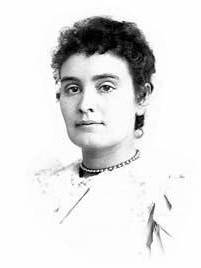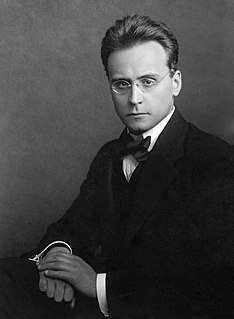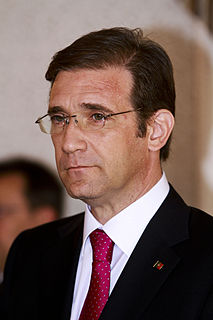A Quote by Edward Gibbon
The communication of ideas requires a similitude of thought and language . . .
Quote Topics
Related Quotes
We sift reality through screens composed of ideas . (And such ideas have their roots in older ideas.) Such idea systems are necessarily limited by language , by the ways we can describe them. That is to say: language cuts the grooves in which our thoughts move. If we seek new validity forms (other laws and other orders) we must step outside language.
Beyond the formative effects of reading on the individuals composing society, the fact that they have read the same books gives them experiences and ideas in common. These constitute a kind of shorthand of ideas which helps make communication quicker and more efficient. That is what we mean when we say figuratively of another person, We speak the same language.
Success also requires the courage to risk disapproval. Most independent thought, new ideas, or endeavors beyond the common measure are greeted with disapproval, and ranging from skepticism and ridicule to violent outrage. To persevere in anything exceptional requires inner strength and the unshakable conviction that you are right.
There is no reason to believe ... that the "essential purpose" of language is "communication". Language can be used to transmit information, but it also serves many other purposes: to establish relations among people, to express or clarify thought, for play, for creative mental activity, to gain understanding, and so on. In my opinion, there is no reason to accord privileged status to one or the other of these modes.
Communication requires cultural context, and technology facilitates our ability to cross-reference ideas over time. Charles Moore were saying: Enough with the sterile, context-less architecture. Enough with the functional-minded frame of operation. How about a little mess? How about a little, let's say, syntax? A little quotation using history? How about some other meanings or symbols? I think that's the only logical reaction when you have to thoughtfully manage the communication of a lot of information.
Language would have evolved first as an internal object, a kind of "language of thought" (LOT), with externalisation (hence communication) an ancillary process. I can't review here the strong and growing evidence to support this conclusion, but I have elsewhere. There are ample reasons why having a LOT would confer selectional advantage: the person so endowed could plan, interpret, reflect, etc., in ways denied to others.





































